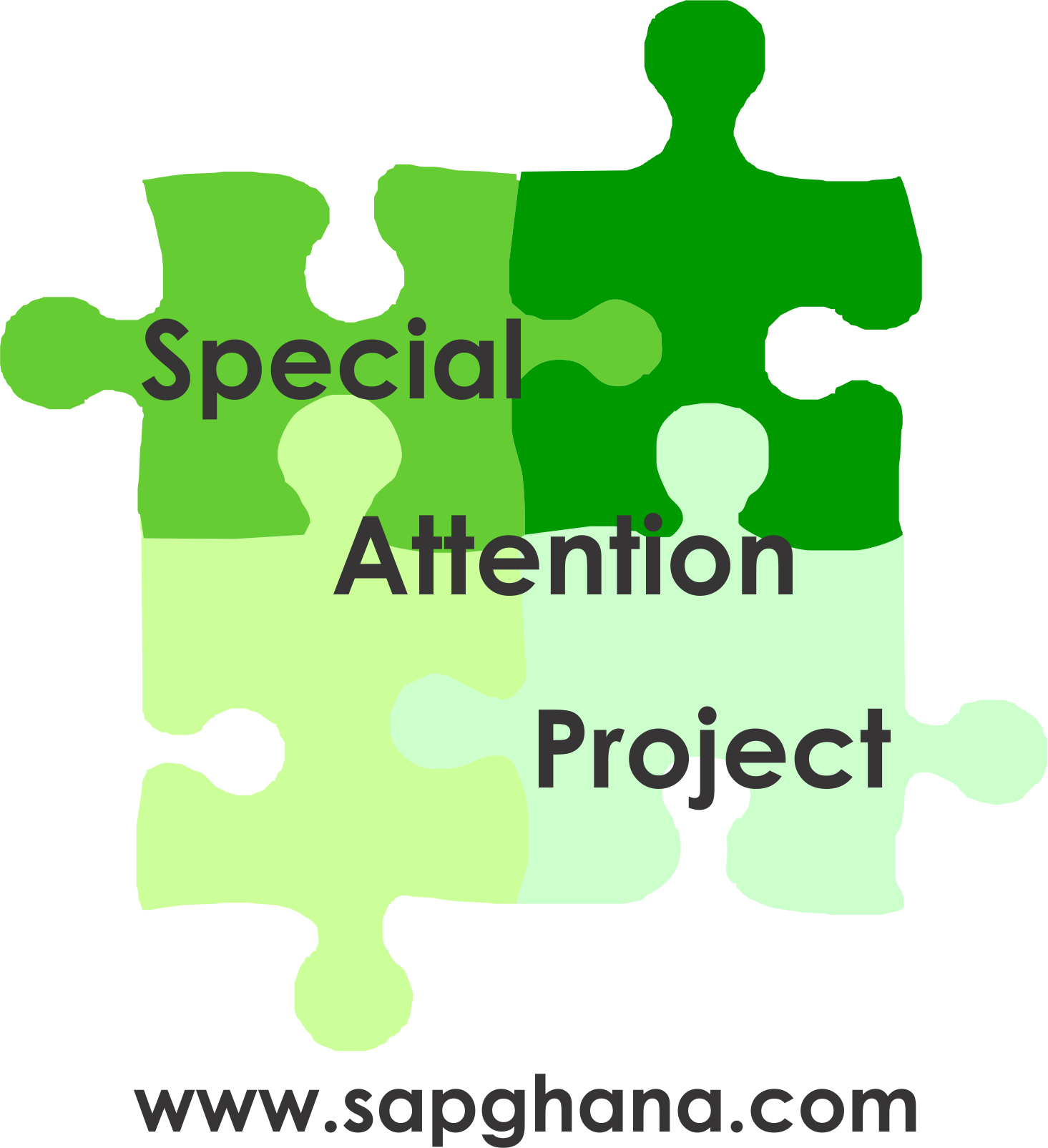Other Special Educational Needs
Childhood Autism
Autism is characterised by difficulties in social interaction, in communication and by restricted, repetitive behaviour. Autism shows in children before the age of 3. It is more common in boys than in girls.
Social interaction The child may: - show lack of response to other people’s emotions - find it difficult to adjust his or her behaviour to a situation - not understand social signals | Communication The child may: - have difficulty adjusting his or her language use to the social context - may speak monotonously - may not understand imaginative language - may not use and understand gestures | Restricted, repetitive behaviour The child may: - repeat the same actions over and over again - have limited but intense interests - be upset when a routine is changed - insist on certain routines even when they are not functional - have difficulty moving from one activity to another - be more interested in the smell or feel of an object than in its function
|
If you believe your child may have Autism, you can contact:
Speech and Language Disorders
Disorders in speech and language may include:
- Difficulty articulating
- Difficulty expressing self (using expressive spoken language)
If your child is showing speech problems that are in contrast to his or her age, you can contact:
Intellectual Disability
Intellectual Disability is characterised by a low intelligence level, affecting cognitive, language, motor and social abilities.
If your child:
- finds it more difficult to understand things than other children of the same age
- uses language that is much simpler than other children of the same age
- finds it difficult to explain his or her thoughts or actions
- needs help in self-care when other children of the same age are able to do tasks independently (for example eating, bathing, dressing)
- has difficulty with physical movement, for example running or playing ball games
- is having difficulties with every subject in school,
then he or she may have Intellectual Disability.
If you believe your Child may have Intellectual Disability you can contact:

Donate via mobile:
+233 (0) 544-700505
